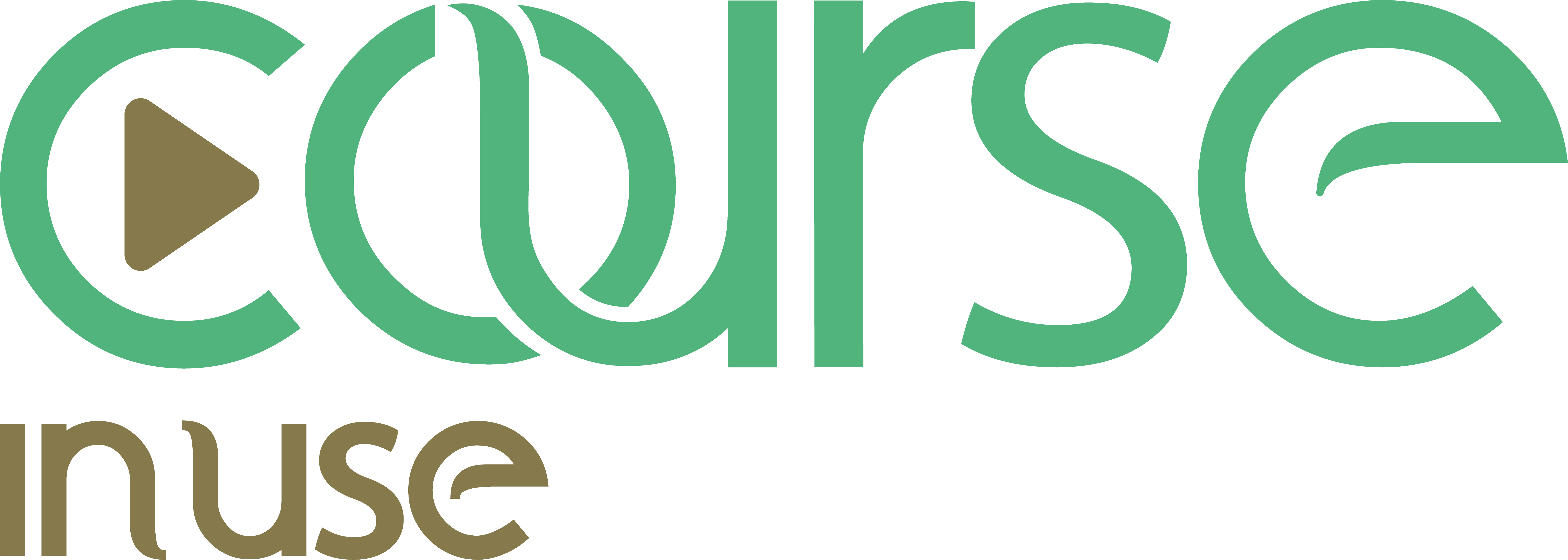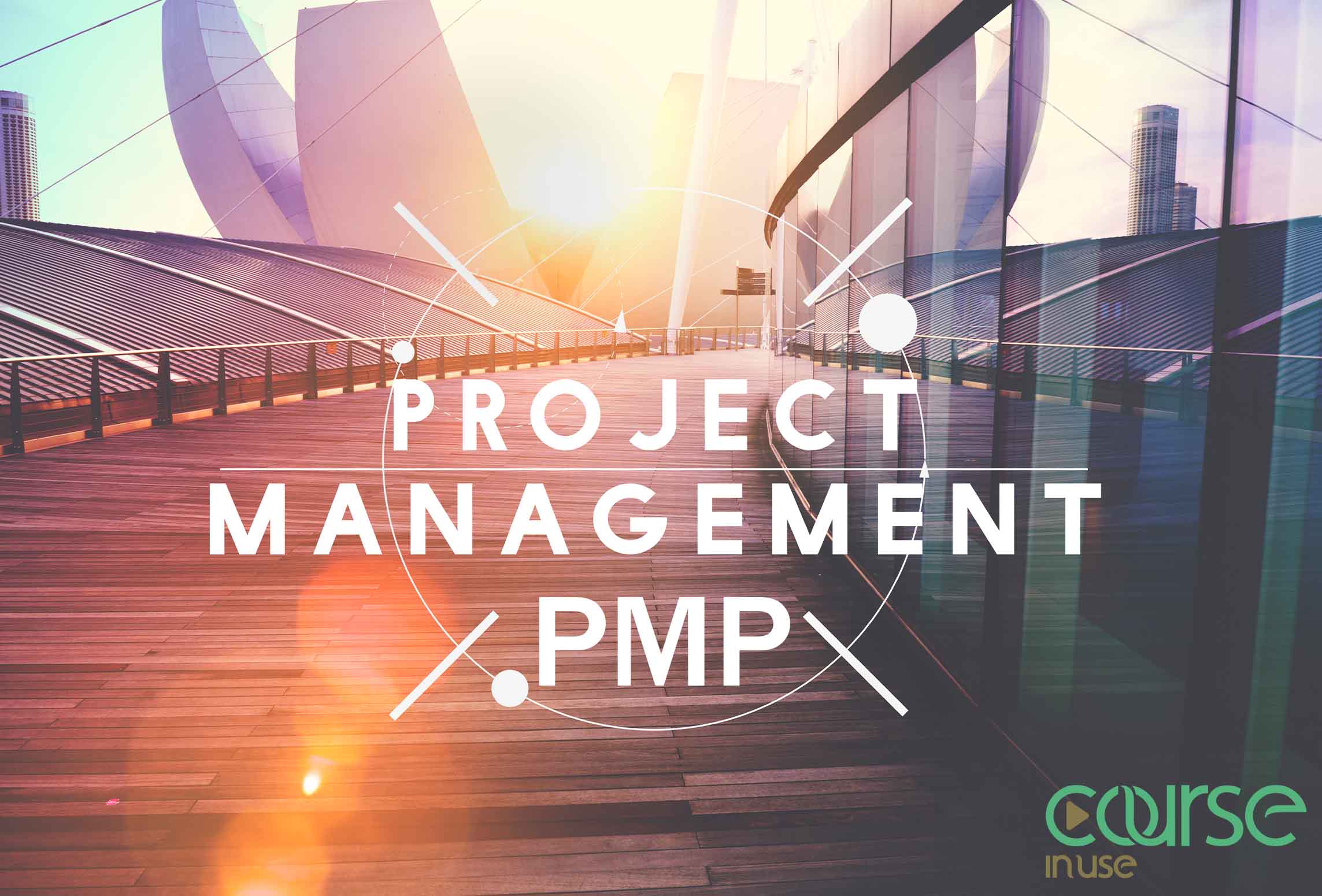What is PMP Certification and Why You Need It
The Project Management Professional (PMP) certification is an internationally recognized credential in project management that assesses a candidate’s skills in managing team dynamics, processes, and key business objectives in a professional project. According to the Project Management Institute (PMI), which oversees the certification, there are over a million PMP-certified professionals globally. This certification is relevant for project managers across various sectors, such as healthcare, construction, IT, and business.
To obtain the certification, candidates must fulfill the experience prerequisites and successfully pass a certification exam.
Updated PMP Exam Format
The PMP certification exam structure adapts to current industry best practices. It reflects the latest trends in project management methodologies and evaluates applicants on key domains like project integration, scope management, time management, cost control, and resource allocation strategies, among other critical areas.
If you’re gearing up for the PMP exam or planning to earn your PMP certification , this comprehensive guide provides all the essential answers you’ll need to succeed.
Format of PMP Certification Exam : What’s on the PMP exam?
The PMP exam is structured with a total of 180 questions. Of these, 175 questions are scored, while 5 are unscored, known as pre-test questions. All questions are randomly distributed, so you won’t know which ones are scored and which are not.
There is a common misconception that the PMP certification exam is based solely on the PMBOK Guide (Project Management Body of Knowledge). However, this is not entirely accurate. The exam is primarily based on the tasks outlined in the PMP Exam Content Outline (ECO).
While the PMBOK Guide is a key reference for the PMP exam and many questions are rooted in its project management principles, the exam itself is not exclusively based on this guide.
According to the PMP Examination Content Outline, the test questions are divided across three performance domains:
- 42% of questions are from the People domain
- 50% are from the Process domain
- 8% are from the Business Environment domain
Out of 180 questions, approximately 50% focus on traditional project management methodologies, while the remaining 50% are related to agile and hybrid approaches. The questions appear in the following formats:
- Multiple Choice: Select the most appropriate option from four provided answers.
- Multiple Responses: There may be more than one correct answer among the given options.
- Matching: Align items from two separate lists correctly.
- Hotspot: Click on a specific area of a diagram to indicate the correct response.
- Limited Fill-in-the-Blank: Enter the correct term or value to complete the sentence.
Types of Questions in PMP Exam
| Type of Question | Description |
| Situational Based | Questions that require applying theoretical knowledge to real-life scenarios. |
| ITTO Based | Questions focused on Input, Tools, Techniques, and Output (ITTO) from the PMBOK Guide processes. |
| Definition Based | Questions based on definitions provided in the PMBOK Guide, often considered the easiest. |
| Formulas Based | Questions requiring knowledge of formulas from the PMBOK Guide 7th edition to solve. |
| Diagram Based | Questions based on diagrams or flowcharts; requires understanding and interpreting graphs or charts. |
| Interpretational | Questions that present data which must be analyzed to provide accurate answers. |
| Questions on Professional Responsibility | Questions focused on handling teams professionally and adhering to best project management practices. |
PMP exam cost
| Category | Details |
| Exam Fee (Non-PMI Members) | $575 |
| Exam Fee (PMI Members) | $405 |
| Annual PMI Membership Fee | $159 |
PMP Certification Requirements
To qualify for the exam, you must provide proof of your education and project management experience. The requirements are as follows:
- 35 hours of project management education, which involves coursework specifically targeting project management skills and knowledge. Alternatively, this requirement can be fulfilled with a Certified Associate in Project Management (CAPM)credential.
- 36 months of project leadership experience if you hold a bachelor’s degree, or 60 months of project leadership experience if you have a high school diploma or an associate degree.
PMP Exam Preparation: Courses and Study Resources
There are multiple strategies you can follow to prepare for the PMP certification exam. According to a survey by PM Exam Lessons Learned, successful candidates typically spend two to six months studying and practicing.
Online Training Courses: A wide variety of PMP exam preparation courses are available to help you achieve certification. The Project Management Institute (PMI) and various private organizations offer PMP prep courses, as well as many community colleges nationwide, either through online platforms or in-person classes. At course in use, we have prepared courses for you, dear students, with the most experienced instructors to help you achieve your goals.
PMP certification worth it

The Project Management Professional (PMP) certification is considered highly valuable for many professionals, but it’s worth depends on your career goals, industry, and individual circumstances. Here’s an overview of the key benefits and considerations to help you decide if it’s worth it for you:
Benefits of PMP Certification
- Global Recognition: PMP is recognized worldwide, and it’s one of the most respected certifications in project management. It validates your project management skills and experience across industries.
- Higher Salary Potential: PMP-certified professionals tend to earn higher salaries compared to non-certified peers. Studies by the Project Management Institute (PMI) show that PMP holders can earn up to 20% more than their counterparts without the certification.
- Enhanced Job Opportunities: Many companies require or prefer PMP certification when hiring for project management roles. It opens doors to more opportunities, particularly for senior or complex project management positions.
- Skill Development: The certification process enhances your knowledge of project management methodologies, tools, and best practices. It ensures you understand both traditional (Waterfall) and modern (Agile, Scrum) methodologies, making you versatile in managing projects.
- Credibility and Professional Network: PMP certification boosts your credibility as a project manager. You’ll also join a global network of professionals and gain access to PMI events and resources, which can help with career growth.
- Demand Across Industries: PMP is relevant across industries like IT, healthcare, construction, finance, and more. It’s not industry-specific, so it can help you pivot into new fields if desired.
Alternative Project Management Certifications

If the PMP certification doesn’t seem like the best option for you, there are several other project management certifications you can explore, both from PMI and other reputable organizations. Here are some top options:
- Agile Certifications: Agile is a project management methodology focused on flexibility and efficiency through iterative development and faster delivery. This approach has become increasingly popular in modern project management. Highly regarded Agile certifications include the AgilePM from APMG International and the Scaled Agile Framework (SAFe) Certification from Scaled Agile. Learn more about Agile Development through online courses like those available on Coursera.
- Scrum Certifications: Scrum is a framework under the Agile umbrella that emphasizes iterative progress and adaptability. Becoming a Certified Scrum Master means you’ll guide teams in applying Scrum principles to successfully manage projects. Popular Scrum certifications include the Certified Scrum Master (CSM) from Scrum Alliance and the Professional Scrum Master (PSM) from Scrum.org.
- Certified Associate in Project Management (CAPM): For those at the beginning of their project management career, the CAPM certification, also offered by PMI, is ideal for entry-level project managers. Unlike PMP, CAPM doesn’t require prior project management experience, making it a great option for those starting out in the field.





